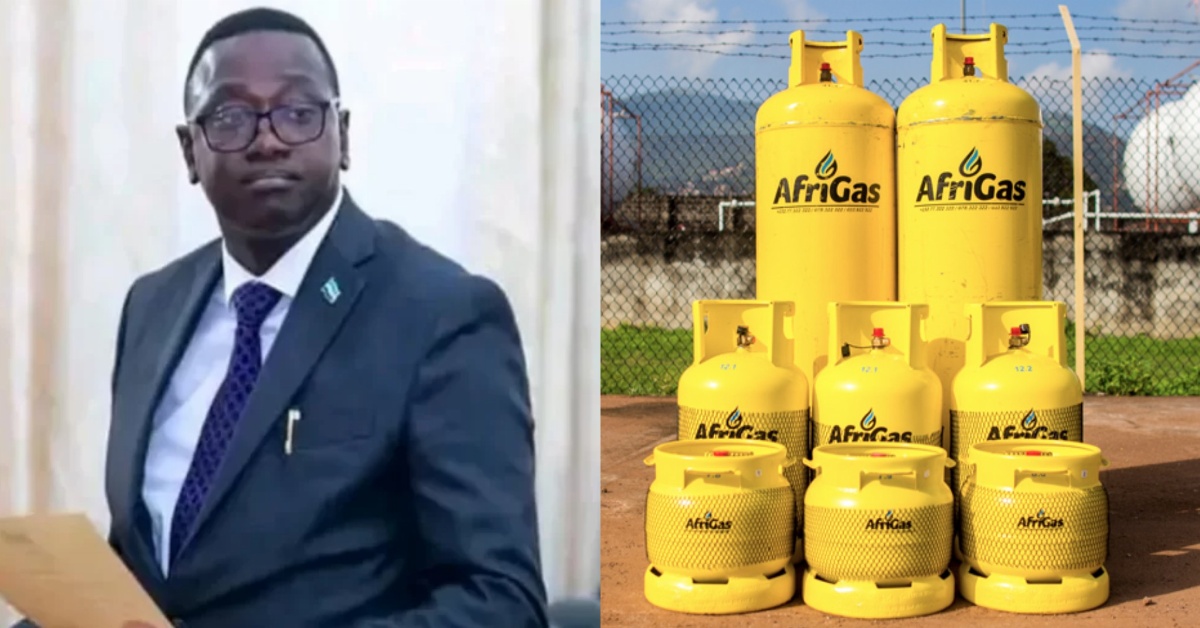The forthcoming 2024 Finance Act in Sierra Leone has stirred unease among citizens, primarily due to the proposed surge in taxes on vital commodities, notably rice, cooking gas, cement, and iron rods. Of particular concern is the anticipated increment in the cost of cooking gas, a critical energy source for many households.
The projected rise in cooking gas prices has raised fears that it might compel citizens to revert to traditional fuels like firewood and charcoal. This shift is troubling, considering that over half of the population already grapples with limited access to gas for cooking purposes.
According to the Sierra Leone Integrated Household Survey (SLIHS) report of 2018, merely 5% to 7% of the population use gas as their primary cooking fuel. The proposed Finance Act’s call for a hike in gas prices may exacerbate this scarcity, potentially reducing the number of households reliant on gas for cooking.
The government’s objective behind this increase is to promote the use of cleaner energy sources for cooking while discouraging reliance on wood and charcoal. However, the exemption of import duties on cooking gas was anticipated to translate into reduced prices for consumers, a hope dashed by the proposed increment.
The abrupt surge in cooking gas prices has left many who rely on it for cooking significantly perturbed. Yet, the additional revenue generated from these import duties is earmarked to bolster the government’s tree planting and reforestation initiatives.
Despite the economic efficiency and rapid cooking benefits associated with gas, its affordability and promise of a safer, portable energy source for Sierra Leoneans seem compromised by the impending price hike. Furthermore, the clean burning properties of gas, aimed at reducing deforestation and indoor pollution, may be at risk due to this proposed increase.
Expressing concerns, citizens have urged the government to consider lowering the price of gas to encourage greater usage, thereby curbing deforestation and mitigating indoor pollution, which have adversely affected public health.
The potential decline in gas usage due to increased prices is a critical concern, given the struggles faced by more than half of the population in accessing this cleaner cooking alternative. Sierra Leone’s reliance on firewood and charcoal has contributed significantly to deforestation and indoor pollution, adversely impacting the health of many individuals.
As the discussions on the 2024 Finance Act continue, stakeholders and citizens alike stress the need for policies that balance fiscal goals with environmental sustainability and public health concerns, urging the government to reconsider the impact of these proposed tax adjustments on essential commodities




 1 Comment
1 Comment










We will not forget mr. charcoal